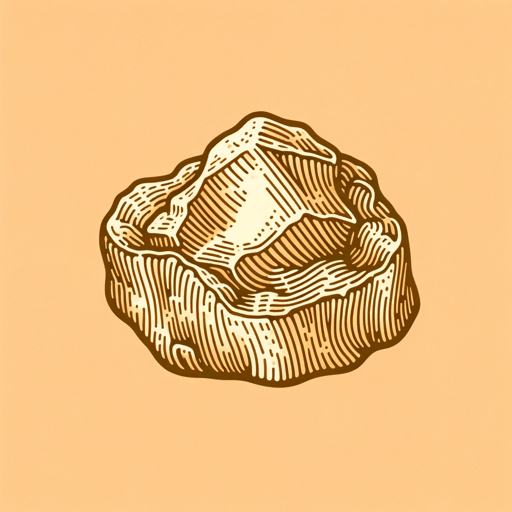50 pages • 1 hour read
Sid FleischmanBy the Great Horn Spoon!
Fiction | Novel | Middle Grade | Published in 1963A modern alternative to SparkNotes and CliffsNotes, SuperSummary offers high-quality Study Guides with detailed chapter summaries and analysis of major themes, characters, and more.
Important Quotes
“The California fever was sweeping through the cities and towns like a heady wind. Men were buying picks and shovels and trying to get from the east coast to the west—as soon as possible and all at once.”
(Chapter 1, Page 2)
In setting his scene, Fleishman lets the reader know that his two heroes are part of a historical event, the California Gold Rush, which peaked in 1849. This “California fever” lured thousands of gold-seekers from the East Coast to make the long, hazardous journey around the tip of South America to the California goldfields.
“He would be the first to admit that being folded up in a barrel, with a bowler hat balanced on his knees, was not the most comfortable way to travel. Now he brushed off the hat and placed it smartly on his head. He hooked a black umbrella on his arm, for he never traveled without it, and pulled on a pair of spotless white gloves.”
(Chapter 1, Page 2)
The incongruity of a man dressed as a fastidious Englishman—complete with bowler hat, umbrella, and white gloves—hiding in a barrel of potatoes on an American ship introduces both the novel’s fish-out-of-water humor and its main protagonist, Praiseworthy the butler. This quote suggests that, despite his new, rough surroundings, Praiseworthy will try hard to retain his composure and aplomb, with mixed success.
“There were thousands of feet of lumber and enough bricks to build a hotel. He saw boxes of rifles and two brass cannons—to fight off wild Indians, he supposed. And he could make out wet bundles of grape cuttings—enough to plant a vineyard.”
(Chapter 1, Page 5)
The Lady Wilma’s cargo represents the raw materials of what will become the new California, after the massively accelerated growth that will come with the Gold Rush. As gold-seekers and entrepreneurs from around the globe poured into the territory, which was not yet a US state, hotels and towns sprang up almost overnight, as well as agricultural ventures such as vineyards. The rifles and cannons also augur the decimation of the Indigenous American population, who were largely displaced from the region with great brutality—though this is not explicitly mentioned in the novel.
Featured Collections
5th-6th Grade Historical Fiction
View Collection
Action & Adventure
View Collection
Action & Adventure Reads (Middle Grade)
View Collection
Children's & Teen Books Made into Movies
View Collection
Class
View Collection
Class
View Collection
Coming-of-Age Journeys
View Collection
Family
View Collection
Laugh-out-Loud Books
View Collection
School Book List Titles
View Collection


